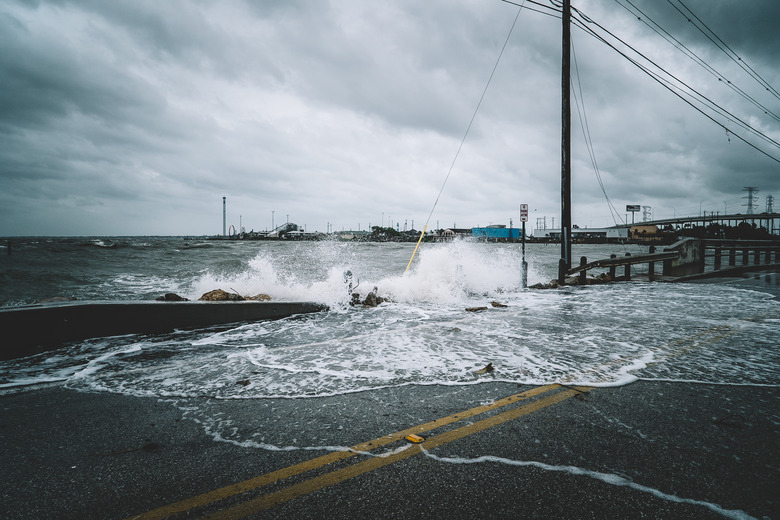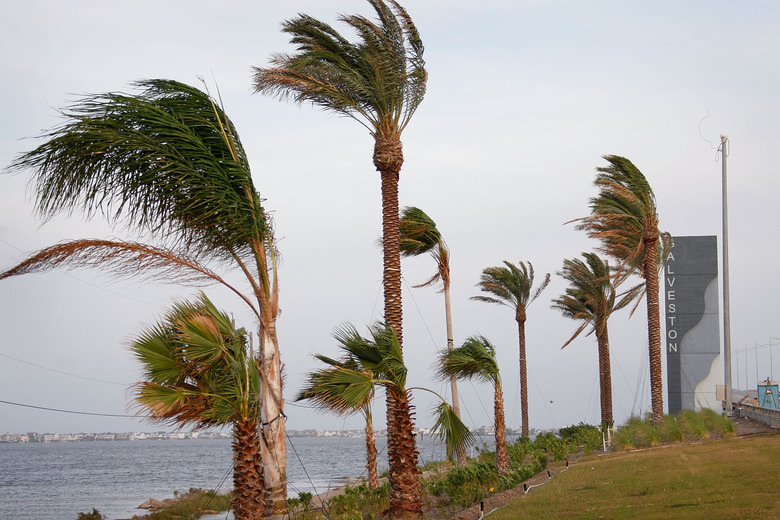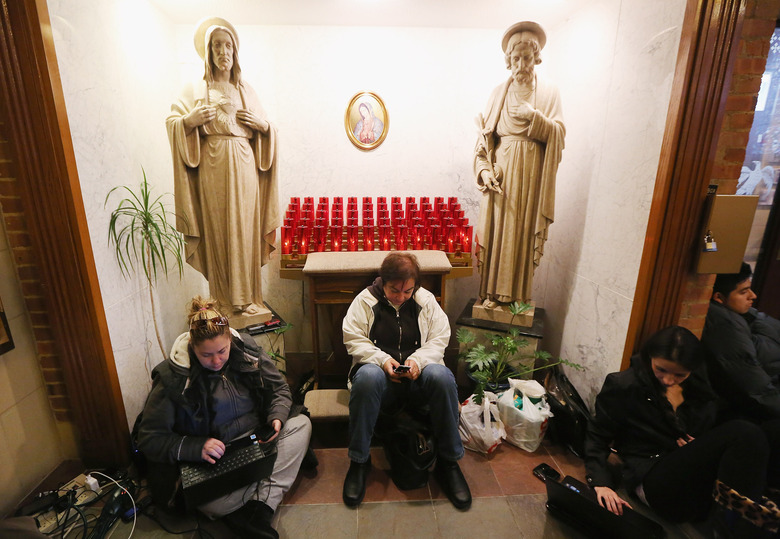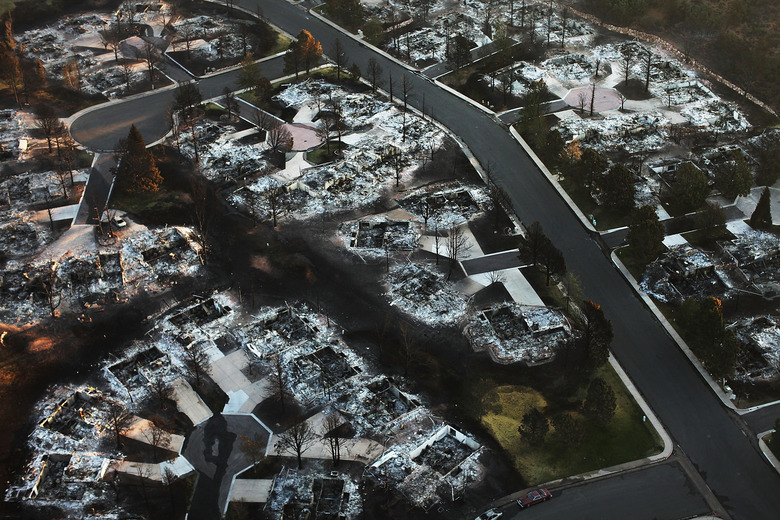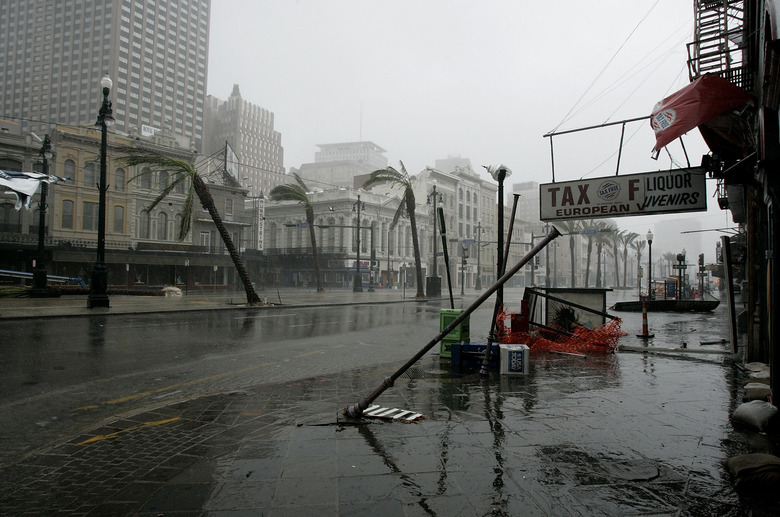The Impact Of Natural Disasters
Natural disasters can have a life-altering impact on the millions of individuals and families who are impacted each year. The effect of natural disasters is then also felt at the community, city and national levels. Natural disasters can have huge environmental impacts as well, even when human communities are relatively unaffected. Natural disaster preparedness is a hugely important undertaking for many cities and settlements, as many cities are at increasing risk of serious fatalities and extreme weather events.
Significance
Significance
Even before the industrialization of the modern world, natural disasters have been an inevitable part of life. There are records of the migratory travels of Native Americans away from coastal Florida specifically to avoid seasonal hurricanes, and natural disasters can be found across many texts and stories throughout history. As a result of human-driven climate change, many natural disasters have seen an increase in both frequency and intensity. Floods and fires that would have happened once a generation, are now seen on the scale of years. This translates to increased global impact of natural disasters at all levels.
Some natural disasters might not fall into a typical category like wildfires or tornados. The recent COVID-19 pandemic was a large-scale loss of life because of natural hazards. One of the biggest dangers with natural disasters of all kinds can actually be how governments and individuals respond. Policymakers and political groups can often impact disaster recovery and emergency management because of ideological disagreement that prevents action from being taken.
Individual Impact
Individual Impact
At the individual level, the negative impacts of natural disasters can often be felt physically, mentally and emotionally. Natural disasters can cause destruction of property, loss of financial resources, and personal injury or illness. The loss of resources, security and access to shelter can lead to massive population migrations in many countries.
After experiencing a natural disaster, many individuals develop severe post-traumatic stress disorders or withdraw into states of depression. Others develop negative associations with the environment, in more developed nations; this can also lead to significant population migrations. As mental health and physical health suffers, the individual impact of disasters can extend far beyond the visual negative effects of a natural disaster. This can lead to further crises in public health, and these impacts are often disproportionately experienced along socioeconomic lines because of deprecated health systems and unequal access to health care.
Low-income individuals and areas are more likely to feel greater and longer lasting impacts of natural disasters, and developing countries face a similar challenge because their infrastructure is often less resilient. This can lead to even more detrimental effects on economic development.
Economic Impact
Economic Impact
In 2005, Hurricane Katrina devastated New Orleans and the Mississippi gulf coast. In New Orleans alone, more than 200,000 homes were destroyed; over 70 percent of the resident population had to be at least temporarily relocated outside of the greater New Orleans area. Huge sums of federal assistance were necessary to help jump start recovery efforts in the city and surrounding region. Estimates of over $105 to $150 billion in reduced tax revenue, loss of infrastructure, expense of reclamation efforts, and loss of normal revenue were lost to the city. Beyond the economic losses to New Orleans, it is estimated that the United States economy suffered a 2 percent loss of overall gross domestic product within one year of the disaster as a direct result of the hurricane and its impact on this important international port city.
More frequent and consistently larger hurricanes have been battering the east coast as far north as New York City, and the affected areas experience injuries, deaths, and serious impacts on economic growth.
Community Impact
Community Impact
Communities that experience a natural disaster must also absorb the impacts of these destructive events. Many local communities lose economic resources and the resulting recovery process becomes difficult, if not almost impossible. Some communities find opportunity in the aftermath of a disaster to rebuild better and stronger communities than before. Communities often deal with population, demographic, and cultural shifts as a result of the impact of the natural disaster on their individual citizens.
Environment
Environment
Just as nature can change the landscape of our personal lives as well as aspects of our community, so too can different types of disasters drastically alter the natural environment. The cyclones that occurred in Myanmar in 2008, or the wildfires that spread throughout California in 2009 are examples of how areas of land that detail whole ecosystems can be dramatically damaged or transformed from a single disaster event.
Climate change continues to amplify the intensity of natural disasters. Droughts, heatwaves, landslides, tsunamis, and tropical storms are all predicted to only worsen in scope and scale. Even though wealthier countries have emitted the most greenhouse gasses, contributing to climate change, developing countries are expected to bear the brunt of these worsening conditions.
TL;DR (Too Long; Didn't Read)
Other natural disasters like volcanic eruptions and earthquakes are largely independent of human activity. They still have a terrifying impact on people, with the 2010 earthquake in Haiti claiming hundreds of thousands of lives.
What We Can Do
What We Can Do
Natural disasters can seem bleak and terrifying in scale, but there are many steps we can take to protect people and settlements from future harm. Risk assessment is a combined field of geography, policy, economics, and science that works towards disaster risk reduction. This might include local solutions like levies or controlled burning of forests, or it might extend to global goals and action.
The United Nations published a list of sustainability goals focusing on the well-being and preservation of human life around the world. When countries, communities, and individuals work together to improve protections and reduce impacts we can seriously improve the outcomes of natural disasters everywhere.
Cite This Article
MLA
Sharrieff, Malik. "The Impact Of Natural Disasters" sciencing.com, https://www.sciencing.com/impact-natural-disasters-5502440/. 30 May 2023.
APA
Sharrieff, Malik. (2023, May 30). The Impact Of Natural Disasters. sciencing.com. Retrieved from https://www.sciencing.com/impact-natural-disasters-5502440/
Chicago
Sharrieff, Malik. The Impact Of Natural Disasters last modified May 30, 2023. https://www.sciencing.com/impact-natural-disasters-5502440/
